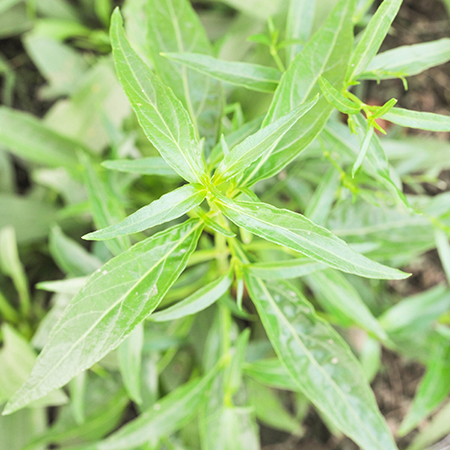-
About Us
button

Dabur India Limited is a leading Indian consumer goods company with interests in Hair Care, Oral Care, Health Care, Skin Care, Home Care and Food & Beverages.
-
Our Brands
button

Dabur presents a range of Herbal & Ayurvedic Personal Care products, created to make you look and feel good. Bringing together the gentle touch of nature and Ayurveda's wisdom .
-
Investors
button

Read our recent and archived releases, quarterly results, annual reports and financial statements. Initiatives Investor Centre.
-
Newsroom
button

Welcome to Dabur Media Centre. In this section, you’ll find our latest Press Releases arranged in a chronological order. The Press Releases have been further
-
Ayurveda & you
button

Our curated Collection of Ayurvedic knowledge for you. We at Dabur are working towards helping people lead a healthy and balanced life.
-
Sustainability
button

Dabur has been engaged in community development activities since 1994 and is committed to making a positive contribution to the communities where we source, live, work and sell our products.
-
Join Us
button

At Dabur, we are very passionate about winning and this has been engrained in DNA of the organization.
-
Support
button
- Home > Ayurveda & you > Ayurveda & Science > Ayurvedic & Medicinal Plants
Ayurveda and Science
Ananas/अनानास/Pineapple/Bahunetra/Ananas comosus
AYURVEDIC & MEDICINAL PLANTS

Benefits of Pineapple
- Hair and Skin Health
Benefits of Pineapple include protecting hair and skin from damage. Sufficient Vitamin C intake can help your body create and maintain collagen an essential protein found in hair and skin. Also, a high vitamin C content helps heal wounds and injuries to the body rapidly. One cup of pineapples has 131 percent of the vitamin C daily requirements.
- Fights Infections
Benefits of Pineapple also include fighting against infections. Vitamin C is a powerful natural water soluble antioxidant that helps the body develop resistance against infectious agents and eliminates cancer-causing free radicals in the body. This is done by stimulating the activity of white blood cells and acting as an antioxidant to defend against the harmful effects of free radicals.
- Fights Cough and Cold
Pineapples can help fight coughs and colds. Aside from the fighting infections with vitamin C pineapples contain a special enzyme called bromelain that is associated with reducing slam and mucus buildup in the respiratory tracts and sinus cavities.
- Improves Digestion
Pineapple Health Benefits include improving digestive health. Pineapples are formidable sources of fiber. Fiber can help prevent constipation, making one's bowel movements easier to manage the daily recommended dietary fiber intake for men and women are 38 grams and 25 grams respectively.
- Maintains Blood Pressure
Pineapples can help maintain a healthy blood pressure. Pineapples have a great potassium to sodium ratio. A potassium rich diet helps the blood vessels relax and maintains a healthy blood pressure. One cup of pineapples contains one hundred and eighty milligrams of potassium compared to 1.7 milligrams of sodium
- Improves Heart Health
Pineapples can help improve the hearts health. Fiber, vitamin C, vitamin B6 and potassium have been known to improve the heart health. One study suggested that individuals who consumed 4069 milligrams of potassium per day had a 49 percent lower risk of death cause of heart disease compared with those who consumed less potassium about 1000 milligrams per day.
- Improves Brain Health
Pineapples may improve brain health. Several components of pineapples such as potassium folate and various antioxidants are known to provide neurological benefits. Folate has been known to reduce the occurrence of Alzheimer's disease. Potassium has been linked to increase blood flow to the brain and enhanced cognition concentration and neural activity.
- Diuretic
Pineapple juice is taken as a diuretic and to expedite labor, also as a gargle in cases of sore throat and as an antidote for seasickness as recommended by Ayurveda. The flesh of very young (toxic) fruits is deliberately ingested to achieve abortion (a little with honey on 3 successive mornings); also to expel intestinal worms; and as a drastic treatment for venereal diseases. In Africa the dried, powdered root is a remedy for edema. The crushed rind is applied on fractures and the rind decoction with rosemary is applied on hemorrhoids. Indians in Panama use the leaf juice as a purgative, emmenagogue and vermifuge.
Chemical Composition
The main ingredient is Bromelain which is an anti inflammatory agent. Besides this there is Calcium carbonate, Magnesium, silica, iron, sodium and potassium chloride.
Pacifies Vata and Pitta.
Read more about various ailments, it's causes, symptoms, ayurvedic treatments, etc.
Know the story behind other medicinal Ayurvedic ingredients
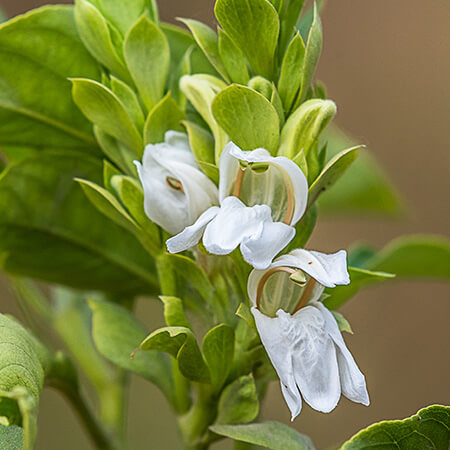
Adusa
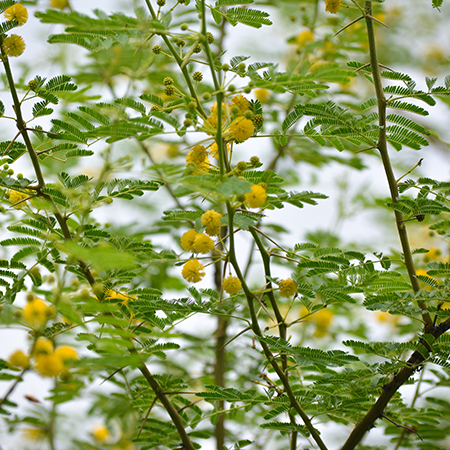
Babool Plant
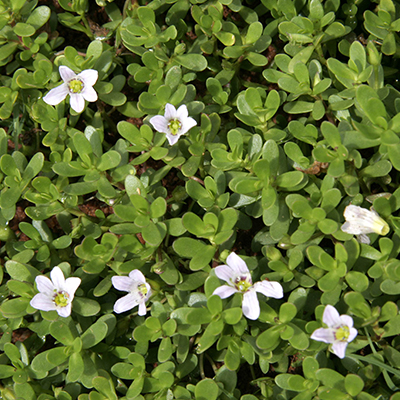
Brahmi Plant
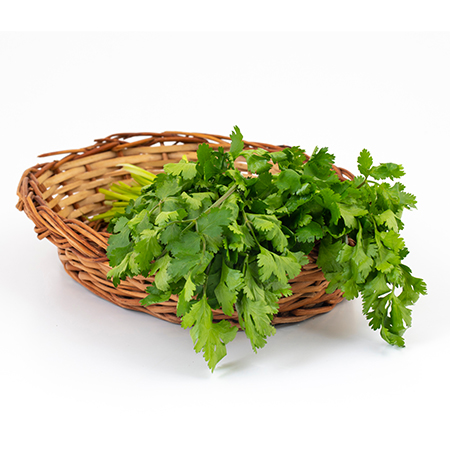
Dhaniya - Coriander
